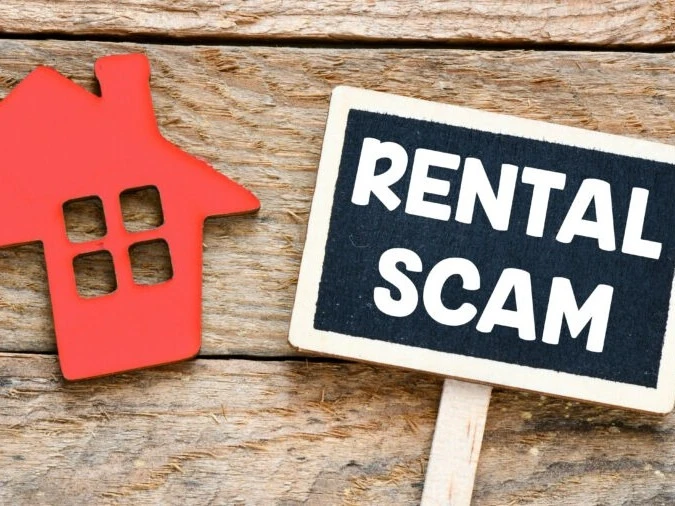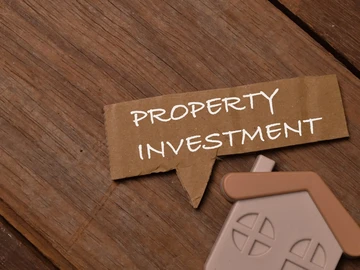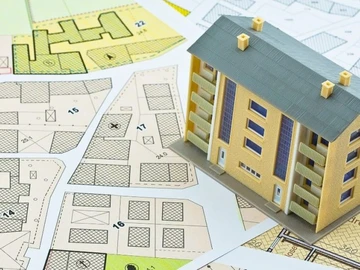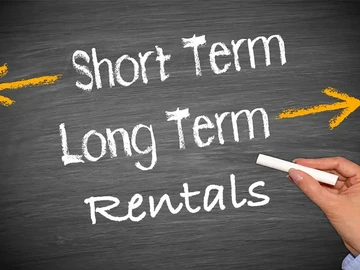In today’s volatile property market, property scams are becoming increasingly sophisticated and frequent. Whether you’re looking to buy a home or rent an apartment, falling victim to fraud can lead to massive financial losses, legal disputes, and emotional stress.
In Zimbabwe and across many African markets, where informal transactions and undocumented sales are common, knowing how to protect yourself is not just smart it’s essential.
Common Property Scams to Watch Out For
Before learning how to avoid them, you need to know what you're up against:
- Double Sales: Property sold to multiple buyers
- Fake Agents: Unregistered "agents" collect money and disappear
- Ghost Properties: Nonexistent homes listed online or via classified ads
- Hijacked Rentals: Fraudsters pose as landlords of occupied homes
- Forged Title Deeds: Sellers provide fake or altered ownership documents
- Deposit Theft: Scammers ask for deposits before property is viewed
In Zimbabwe, real estate scams have surged, with over 300 reported fraud cases in Harare alone in the past two years, according to the Zimbabwe Republic Police (ZRP).
10 Tips to Avoid Property Scams When Buying or Renting
1. Verify Title Deeds with the Deeds Office
Before paying a cent, confirm:
- The seller’s identity
- Legal ownership of the property
- That the property is free from disputes or caveats
Ask for a certified copy of the title deed and verify it independently.
2. Use Registered Estate Agents and Conveyancers
Avoid informal agents. Always deal with:
- REAZ (Real Estate Agency Council of Zimbabwe)-registered agents
- Qualified conveyancers for legal checks and transfers
Search agents by license number through official channels.
3. Never Pay Before Viewing the Property
Whether renting or buying, always view the property physically. Scammers often pressure clients to “secure” the home quickly don’t fall for it.
Red flag: The seller/landlord refuses to meet in person or delays viewings.
4. Avoid Cash Payments
Always use traceable payment methods such as:
- RTGS transfers
- Bank deposits
- Escrow services (where available)
Get a signed receipt and include payment terms in a written agreement.
5. Demand a Written Agreement
Whether it’s a rental lease or an agreement of sale, ensure everything is documented:
- Names, IDs, and contacts of both parties
- Terms of occupancy or purchase
- Deposit amounts and refund terms
Tip: Never rely on verbal agreements they’re hard to prove legally.
6. Check for Red Flags in Property Listings
Be wary of:
- Unrealistically low prices
- Poor photos or copied listings
- Listings with urgent or emotional backstories (“Owner relocating urgently!”)
7. Ask Neighbors or Local Authorities
Neighbors often know the property’s real ownership history, rental status, or disputes. Visit the area and ask around discreetly.
8. Cross-check the Seller or Landlord's ID
Request to see a national ID and ensure it matches:
- The name on the deed
- The individual’s online or professional profile (if possible)
9. Use Lawyers for Transactions
Have all documents reviewed and submitted by a licensed legal practitioner or conveyancer. They will check:
- Ownership
- Liens or debts
- Compliance with zoning and planning laws
10. Report Suspicious Listings Immediately
If you suspect fraud:
- Contact the ZRP Commercial Crimes Division
- Report to REAZ
- Warn others on community WhatsApp groups or social media forums
Final Thoughts
The real estate market is a prime target for scammers, especially where legal loopholes and desperation collide. Whether you're a tenant or a property investor, your best protection is due diligence take your time, ask the right questions, and always seek legal and professional guidance.
Remember: If it sounds too good to be true, it probably is.
 Continue with Facebook
Continue with Facebook
 Continue with Email
Continue with Email














